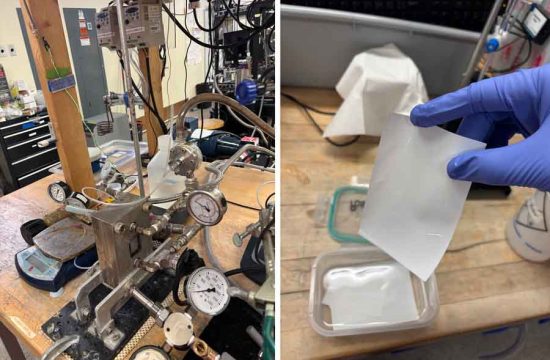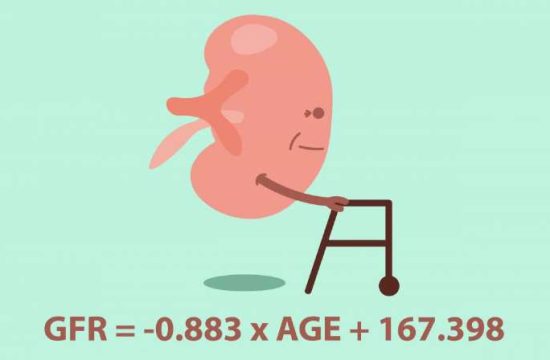 The use of antidepressants in children and adolescents has seen its fair share of controversial findings. For years, the medications have come with warnings about serious side effects, and recently, a reanalysis of a nearly 15-year-old study found that the antidepressant paroxetine — branded as Paxil — isn’t a safe or effective treatment for depression in teens.
The use of antidepressants in children and adolescents has seen its fair share of controversial findings. For years, the medications have come with warnings about serious side effects, and recently, a reanalysis of a nearly 15-year-old study found that the antidepressant paroxetine — branded as Paxil — isn’t a safe or effective treatment for depression in teens.
Now, antidepressants’ side effects appear to be more severe for children and adolescents than previously reported in medical journals because initial published clinical trial results did not adequately indicate instances of suicide and aggression, suggests a new study. Young people have a doubled risk of aggression and suicide when they take one of the five most commonly prescribed antidepressants, according to a new meta-analysis of 68 studies, published Wednesday in BMJ.
But even that may be a low estimate because of the poor design of these clinical trials and the misrepresentation of the harms of antidepressants, like case reports of suicide attempts, the authors write.
The team of researchers from Denmark analyzed clinical study reports and summary trial reports. They gained access to clinical study reports for duloxetine (Cymbalta), fluoxetine (Prozac), paroxetine (Paxil), sertraline (Zoloft) and venlafaxine (Effexor) from British and European regulatory agencies. Summary trial reports for duloxetine and fluoxetine were accessed through drug maker Eli Lilly’s website.
[pullquote]In adults, there were no significant associations between antidepressants and suicide and aggression.[/pullquote]
The researchers carried out a systematic review and meta-analysis of 68 clinical study reports of 70 trials with 18,526 patients to find out about the risks, which include deaths, suicidal ideation and attempts, as well as aggression and akathisia, a type of restlessness that may increase suicide and violence. They examined double-blind, placebo-controlled trials that featured patient narratives or individual lists of associated harms.
In adults, there were no significant associations between antidepressants and suicide and aggression.
However, in children and adolescents, the risk of suicide and aggression was doubled, the researchers found. The study showed that previous trials failed to report adverse side effects, which may have led to “serious under-estimation of the harms,” the authors write. Comparisons between clinical trial results and data from individual patient listings or narratives showed that deaths and suicides had been misclassified in people taking antidepressants.
One pharmaceutical company misreported four deaths in favor of the antidepressant, and more than 50 percent of suicide attempts were coded as “emotional liability” or “worsening of depression.”
Eli Lilly recorded nearly all the deaths that occurred, but they failed to note attempted suicides in 90 percent of instances. These results were “even more unreliable than we previously suspected,” the authors write.
Study author Tarang Sharma, a researcher with the Nordic Cochrane Centre at the University of Copenhagen in Denmark, expressed her disapproval: “For me, the biggest lesson was never to trust a journal publication of a trial again,” she said in a HealthDay article. “We all need to move towards developing guidance and doing systematic reviews using the original complete data, at the individual patient level.”
In response to the findings, Eli Lilly issued a statement: “There is nothing more important to Lilly than the safety of our medicines. The medical issues about these antidepressants have been addressed in our data submissions to the FDA or regulators in other countries and in scientific journals and conferences for more than 20 years. No regulatory authority has ever determined that Lilly withheld or improperly disclosed any data related to these medications.”
The exact risk for serious side effects is still unknown because “the low incidence of these rare events, and the poor design and reporting of the trials, makes it difficult to get accurate effect estimates,” the authors say.
A limitation of the study is that patient reports and listings were not available for all trials and all antidepressants.







